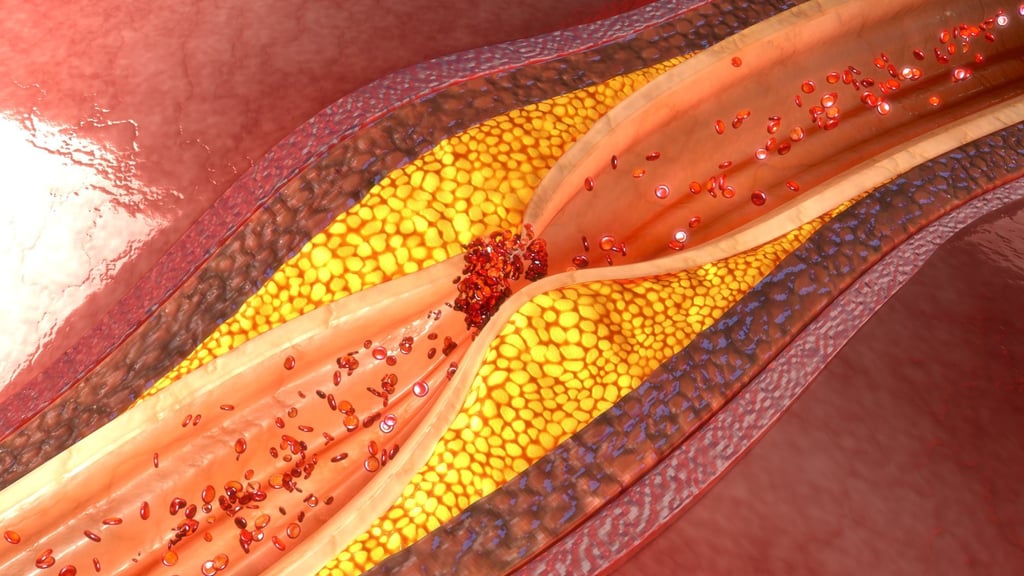How taking statins may safeguard against dementia as well as lowering cholesterol to protect heart health – doctors explain
- Recent research suggests a drug more than 200 million people worldwide take for their heart health might prevent dementia, or delay its progress
- A doctor reminds us drugs aren’t the only solution to health problems, whether they are heart or brain related; a healthy diet and regular exercise reduce risks

This is the 30th instalment in a series on dementia, including the research into its causes and treatment, advice for carers, and stories of hope.
Many readers or their loved ones will have a prescription for statins: more than 200 million people around the world take these drugs for their heart health. Now recent research suggests they may be another arrow in the arsenal against dementia, too.
The story of statins starts with German pathologist Rudolf Virchow. In the mid-19th century, he discovered people who had died of heart attack had blocked arteries because of cholesterol deposits.
In 1913, Russian pathologist Nikolai Anitschkow demonstrated cholesterol’s role in the development of atherosclerosis, in which the arteries narrow, making it difficult for blood to flow.

He showed that rabbits who were fed cholesterol developed fatty streaks and arterial lesions and plaques, similar to the atherosclerosis seen in humans. At the time, doctors were sceptical of Anitschkow’s findings. Today, almost everyone knows cholesterol build-up in the arteries is bad for your heart.
In the 1950s, the lipid hypothesis emerged. Researchers identified the difference between low-density lipoprotein (LDL) cholesterol, and high-density lipoprotein (HDL) cholesterol – the bad and the good.
